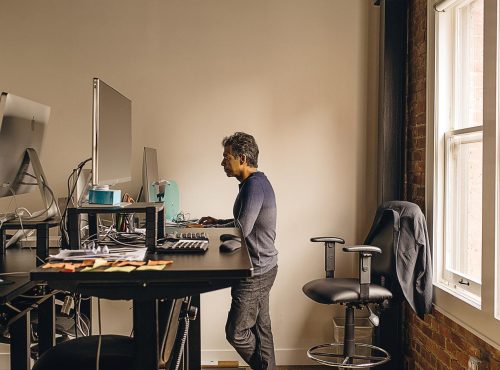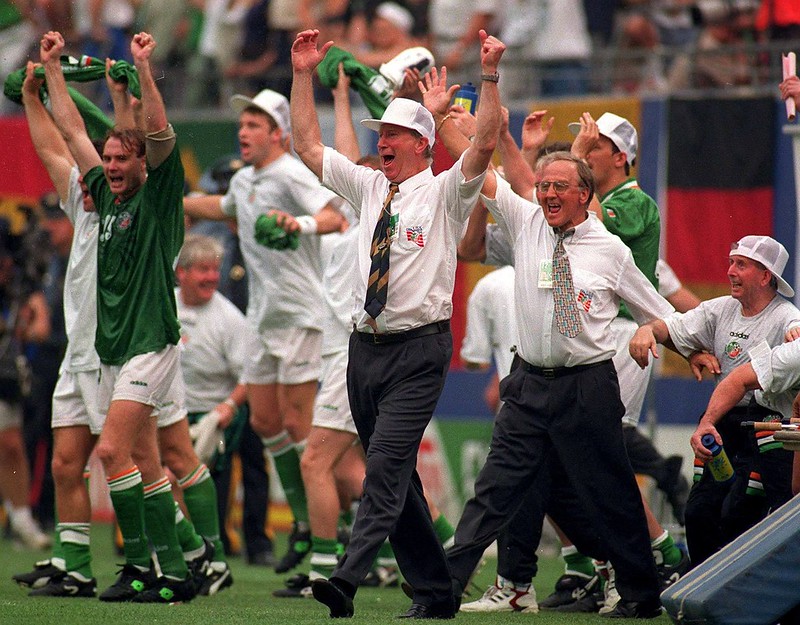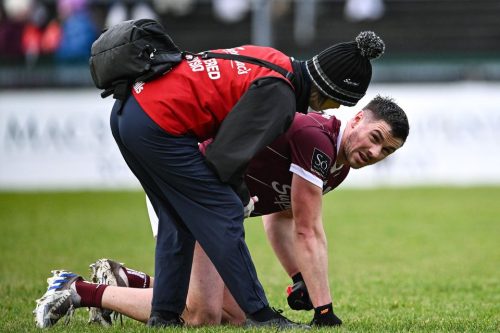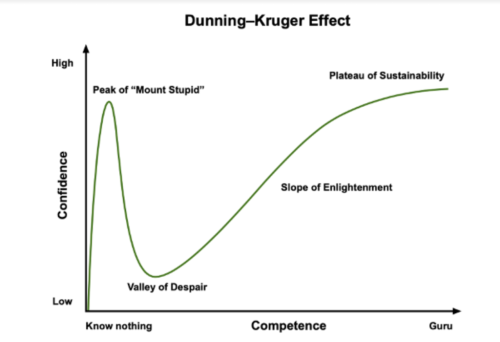
Kaizen in Everything. But Why?
“The only true test of intelligence is if you get what you want out of life.” – Naval Ravikant
“The craic”.
For some reason, it’s never been quite fully understood by anyone that’s not from our little island. They make an effort alright, but never fully grasp its meaning. After all, many of them haven’t actually experienced what it is. “We had a great craic last night in the pub”, “How is your craic going?”, “He’s a great craic”, are amongst those that I’ve heard whilst living abroad. Though we can’t knock them for trying, there’s something about the incorrect use of the term that makes your skin crawl.
Though it’s almost impossible to give it an english translation, many have described it as pertaining to the “enjoyment” surrounding a particular situation. If there’s one thing that as a collective, we pride ourselves on, it’s bringing enjoyment to any given situation, no matter how serious it is. However, sometimes we are guilty ourselves, of forgetting to put it into practice in various facets of our own lives. One such facet is in relation to health and sporting performance.
We are a nation of extremists. It’s why we fought so gallantly for our freedom, and also why you and your friends stayed up drinking till 6am at the last family wedding. We take this approach to our sporting endeavours as well, with GAA coaches always looking for more and more from their players, and our endurance athletes clocking up crazy miles on the roads, in their pursuit of excellence. This is why we punch well above our weight on a global scale. Unfortunately, it also leads to us sometimes forgetting why we started in the first place.

I’ve been guilty of this in the past myself. You want to prepare as best you can for that big game, so you put the blinkers on and ruthlessly block-out all distractions. However, your anxiety surrounding your performance permeates your regular life so much, that by the time you actually reach the opening whistle, you’re already mentally and emotionally spent. You’ve been thinking about the game so much in your head, that you’ve already played it ten times over.
This leads to an unexplained underperformance. And as you try harder and harder to play at your best, your performance gets worse and worse. Although we would often class this kind of issue as “losing the mental battle”, there is a clear physical effect that takes over our body as well.
Elite performance occurs when both the mind and body are working optimally as one. Likewise, when one is not operating at its maximum, it can have an adverse effect on the other. Performance anxiety is a real problem for many. Though it may originate in your own head, it also causes a stress response throughout the body. This is what the science teachers at school referred to as a “fight or flight” response. The hormone that is most widely discussed alongside this symptom is cortisol.
Cortisol is a catabolic hormone. Basically, this means that it prepares your body for survival by breaking down energy stores, to elevate your blood sugar levels. However, these energy stores have to come from somewhere. Do you think that if you are continually experiencing a stress/cortisol response, that that’s going to be an optimal environment for making gains? Probably not.
The stress response and attempting to try too hard, can also have the effect of causing a “tightening” up during competition. Now it’s true that we have to contract our muscles forcefully at times, but you’ll all know that when elite performers are performing at their best, they’ll look relaxed and fluid. So then, would it not be a better idea to enter said competition in a relaxed state of mind?
This is where I have made mistakes in the past, and it’s an area in which I see a lot of room for improvement in many of the athletes and clients that I coach. When we take on a task or set ourselves a goal, we tend to obsess over the fine details. Sure, it’s good to be diligent in what we do, but we can go too far towards that end of the spectrum. We don’t have to be all in or not in at all. We have to attempt to enjoy the process of attaining the goal as well. Otherwise, there’s no real point in undertaking the challenge in the first place.
So, I have to catch myself occasionally and set specific times where I’m going to take some time to switch off and not think about the goal at hand. By allowing myself these periods for both mental and physical recovery, I come back energized and ready to push the envelope again, the next time I’m doing some work.
I also allow myself some time to become a more well-rounded individual. I do some things that aren’t related to health and fitness and I become more interesting as a human being as a result. God forbid, I might even have a few beers from time to time.
I improve my relationship with both food and training, by focusing on my enjoyment of both, and not using either as a way of punishing myself for not adhering to a strict plan. I do the same thing with my clients. Some might be surprised to hear that with some of them, I recommend that they have something indulgent every day. We’re looking to achieve some long-term behavioral change, not ruin someone’s relationship with food, through a “crash-course clean-eating” diet that elicits some short-term body composition changes.
The same thing applies to your training. Once you hit that wall and you’re not finding it as fun anymore, then it’s time to start making some changes. When it becomes like a chore, then you will treat it as such, and just get it done.
Enjoy the process and then the process becomes more sustainable. If the process is more sustainable, then there’s more capacity to make further gains down the line.
So have the chocolate, drink the beer, have the craic and relax for fuck’s sake.

“The only true test of intelligence is if you get what you want out of life.” – Naval Ravikant

So, we can see that when it comes to our training, a certain volume of work when paired with adequate recovery is positive for our development, but if that same intensity of work is mismanaged and spiked, then the same exercise intensity can be toxic to the athlete.

Unfortunately, it takes a fall from the peak of mount stupid, on top of the Dunning-Kruger curve, for many of these lessons to land home.
Here to help you achieve your health and performance goals.
At Petey Performance, I’ll assist you every step of the way. What’s stopping you?
Take ownership today.
© 2021 All Rights Reserved
Subscribe to Petey Performance and get updates on new posts plus more exlusive content.